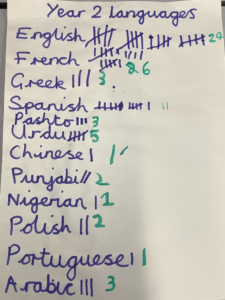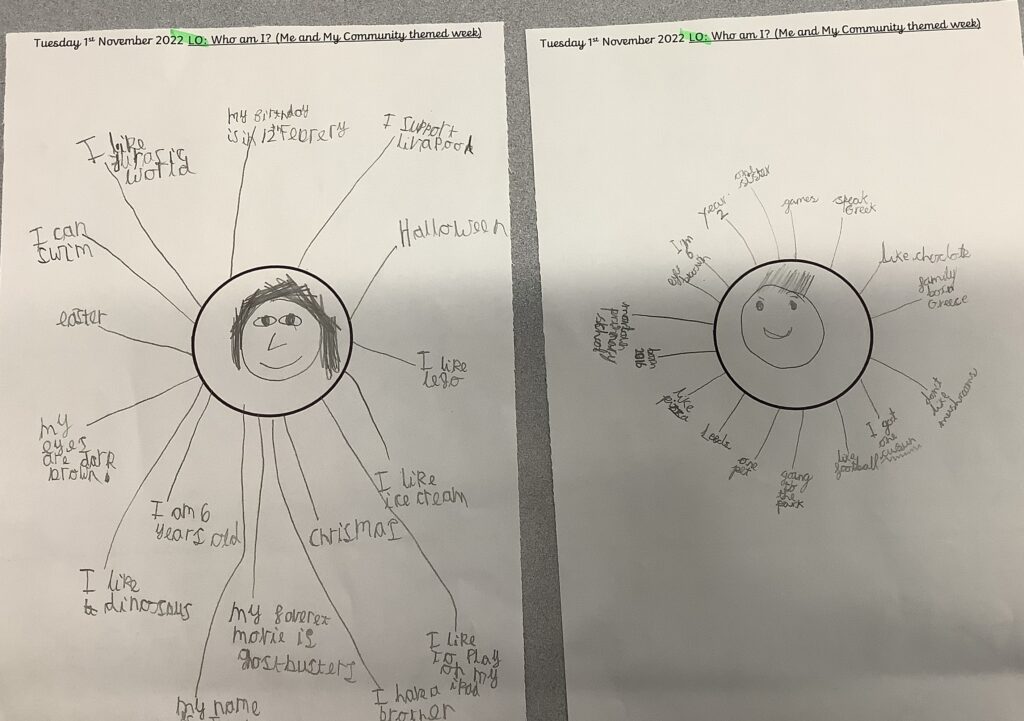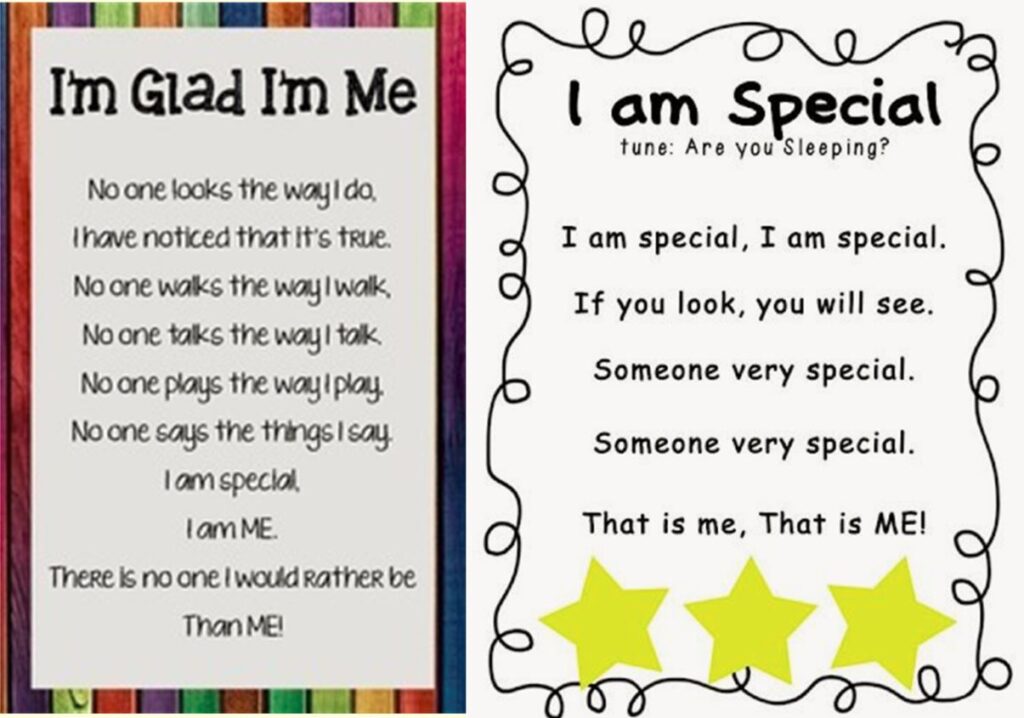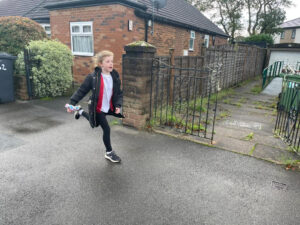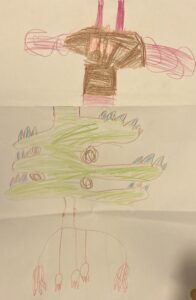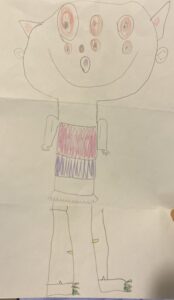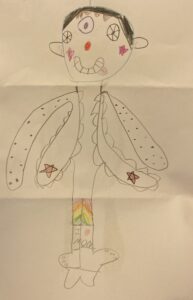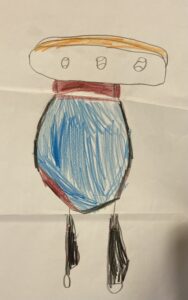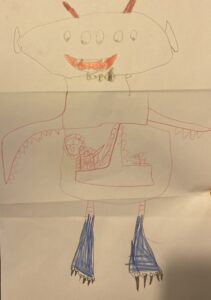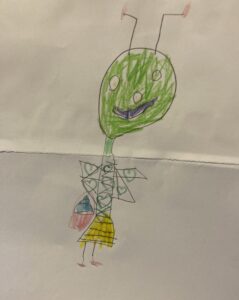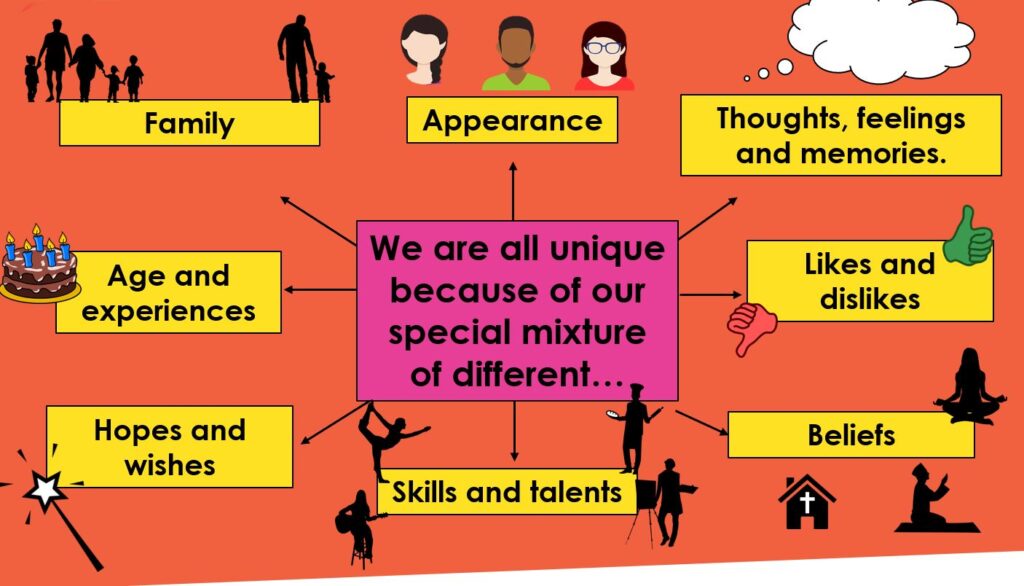This half term, our science learning has been all about living things and their habitats so we are biologists.
Here is the key science vocabulary that we have been learning along with their definitions.

So far we have learnt about what is living, dead and what has never been alive. Think about this for the following things.

Then, we learnt about different habitats and the animals and plants that live there.
What might live in a polar habitat?
Where habitat would a monkey live in?
What might live in a desert habitat?
What habitat would a squirrel live in?
There are also micro-habitats.
A micro-habitat is a very small habitat (a small area of a larger habitat).
For example, a leaf could be a micro-habitat of a hedgerow.
Why do animals and plants live in particular habitats?
A habitat provides the basic needs (including food, air, water and shelter) of different kinds of animals and plants. It gives them what they need to survive.
There are lots of great videos to support this learning on the BBC website.




